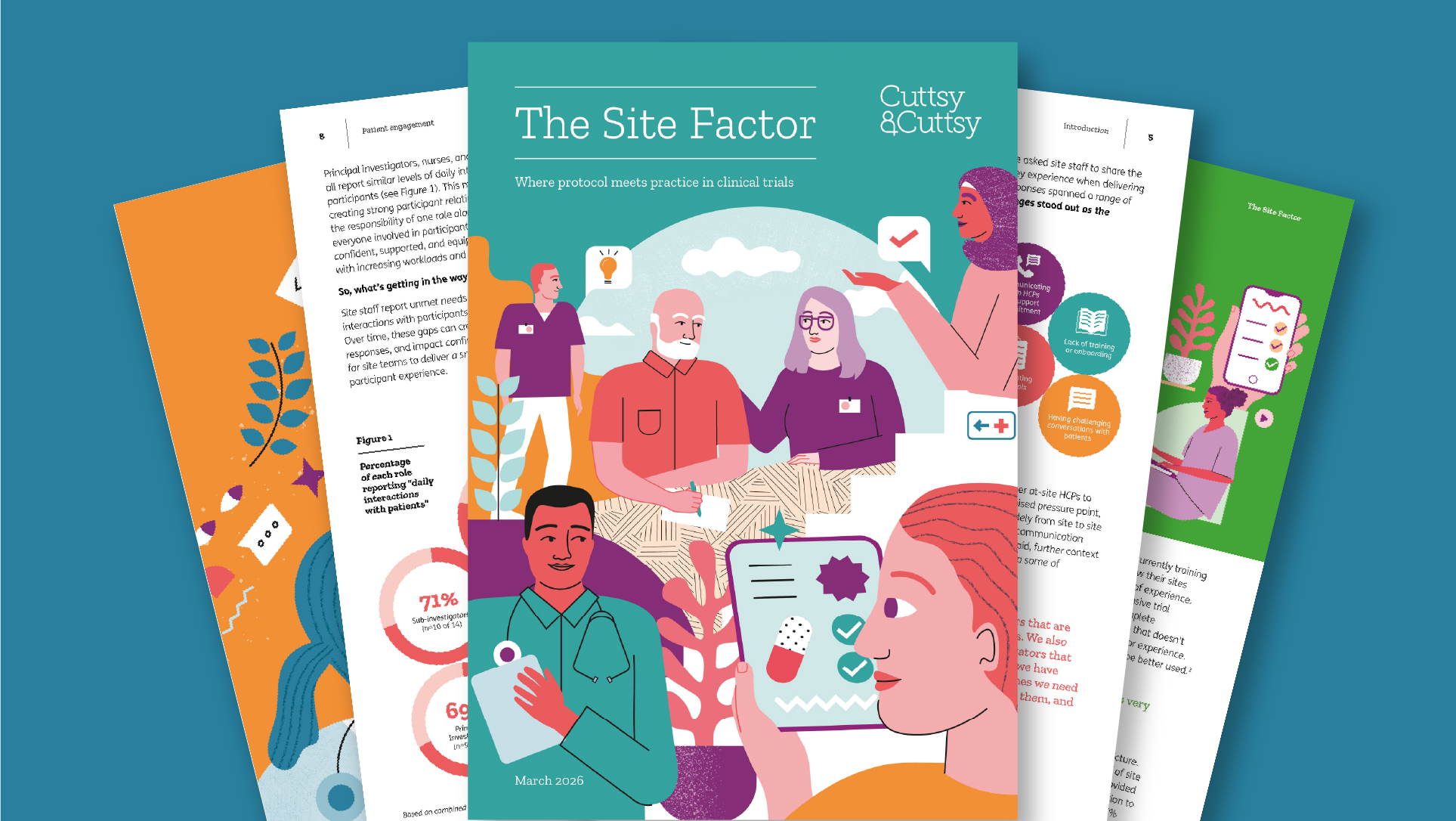Clinical trial considerations: Why supporting HCPs matters...

Clinical trials are essential for the development of new treatments that can transform patient’s lives. So far, in our Clinical Trial Considerations series, we have focused on how to best support patients throughout the process and on ways to improve their experience. And while it is true that patients have a large part to play in trials, it is important not to overlook the crucial role of healthcare professionals (HCPs) in ensuring the success of clinical research. So how can we help to support HCPs, too?
HCPs play a key role in identifying and recruiting eligible patients, as well as guiding them through the informed consent process and ensuring participants fully understand the potential risks and benefits of taking part. We shouldn’t underestimate how challenging a task this can be, especially when the clinical study protocols provided are often 300+ pages. Throughout the trial, HCPs are also responsible for monitoring patient health and managing any adverse events. Keeping track of symptoms, offering advice to help control them, and realising when more serious intervention may be required is vital for patient safety. No easy feat.
Which is why information in a digestible format is so important for everyone involved.
For example, providing timely and relevant information really can enhance a HCP's ability to communicate it effectively. When HCPs are equipped with the information they need to aid their own understanding, they find it easier to convey it to patients using simplified language and maintaining a confident and calm tone.
Which is why we design specialised discussion aids for HCPs to use when communicating with patients. And just like clinical trial materials for patients, employing health literacy principles and using imagery where possible in HCP materials also helps to draw out key information and keep the content concise. Which is also why effective HCP materials not only improve the patient experience but also enhance patient recruitment and retention, key success indicators for HCPs conducting clinical studies.
So, whether it’s recruitment aids that quickly inform who may be eligible for a trial, or toxicity management guides that highlight potential adverse events and how to manage them, providing HCPs with support, and in varying formats, at each stage of the clinical trial process is key to future study success.
If you’d like to find out more about the support we can offer HCPs, and how it could support your next trial, let’s talk.
You can read all our latest clinical trials explained blogs here.












